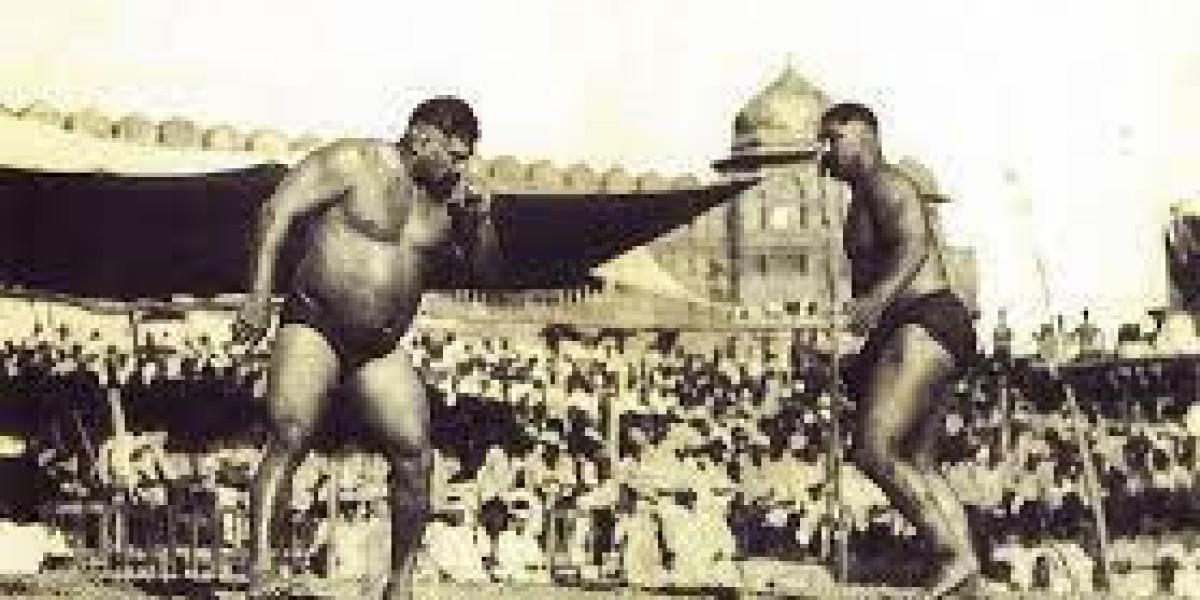Diet plays a crucial role in the performance and overall well-being of athletes for several reasons:
Energy Demands: Athletes have higher energy requirements due to the physical demands of their training and competition. A well-balanced diet provides the necessary calories to fuel their workouts and support their performance.
Muscle Repair and Growth: Protein is essential for repairing and building muscle tissue. Athletes often need more protein to recover from intense workouts and to promote muscle growth and repair.
Optimal Performance: Carbohydrates are a primary source of energy for athletes. Consuming enough carbohydrates ensures that they have the glycogen stores needed for sustained energy during workouts and competitions.
Recovery: Proper nutrition aids in the recovery process. Athletes require nutrients to reduce muscle soreness, inflammation, and fatigue. Nutrient-rich foods can speed up recovery, allowing them to train more effectively.
Immune System Support: Intense physical activity can temporarily weaken the immune system. Adequate vitamins and minerals, especially vitamin C, vitamin D, and zinc, help support a strong immune system, reducing the risk of illness that could disrupt training schedules.
Hydration: Staying properly hydrated is critical for athletes. Dehydration can impair performance and increase the risk of heat-related illnesses. Athletes need to maintain fluid balance by consuming enough water and electrolytes.
Meal Timing: Timing meals and snacks around workouts is important. Eating before exercise provides the necessary energy, while post-workout nutrition helps with recovery and muscle repair.
Body Composition: Some sports require specific body compositions, such as strength sports or weight classes. Proper nutrition can help athletes achieve and maintain their ideal body composition.
Mental Focus: Nutrition also affects cognitive function and mental clarity. A balanced diet can help athletes maintain focus and concentration during training and competition.
Injury Prevention: Nutrients like calcium and vitamin D are vital for bone health, helping to prevent fractures and injuries common in high-impact sports.
In summary, diet is paramount for athletes because it directly impacts their energy levels, physical performance, recovery, immune function, and overall health. Tailoring their nutritional intake to their specific sport and training regimen is essential for achieving and maintaining peak athletic performance.

 घटनाओं को ब्राउज़ करें
घटनाओं को ब्राउज़ करें  मेरे कार्यक्रम
मेरे कार्यक्रम  सुझाए गए पृष्ठ
सुझाए गए पृष्ठ  पसंद किए गए पृष्ठ
पसंद किए गए पृष्ठ  नवीनतम उत्पाद
नवीनतम उत्पाद  यूट्यूब
यूट्यूब 












